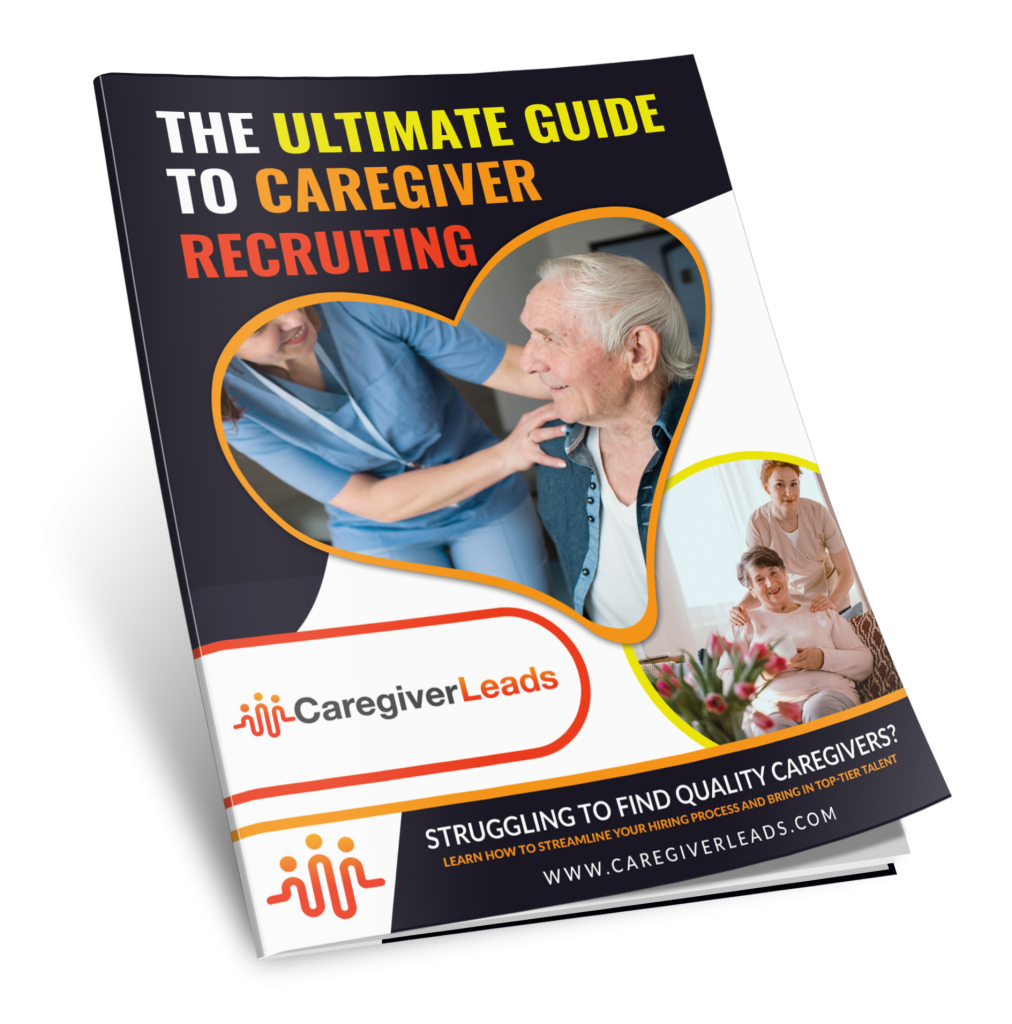Introduction
In the realm of caregiver recruitment, efficiency is paramount. Leveraging automated workflows can revolutionize the recruitment process, ensuring that caregivers are efficiently sourced and onboarded. This article delves into the various aspects of automated workflows and their benefits in caregiver recruitment.
Understanding Automated Caregiver Recruiting Processes
Automated caregiver recruiting processes revolutionize traditional recruitment methods by leveraging technology to streamline and optimize the entire recruitment lifecycle. These processes involve the automation of various tasks, such as candidate sourcing, screening, scheduling interviews, and even onboarding. By utilizing advanced algorithms and artificial intelligence, automated systems can quickly identify suitable candidates, match them with relevant job opportunities, and facilitate seamless communication throughout the recruitment process. This automation not only saves time and reduces manual effort but also ensures consistency and accuracy in candidate evaluation. Overall, understanding automated caregiver recruiting processes empowers organizations to efficiently identify and onboard qualified caregivers while enhancing the overall recruitment experience for both candidates and recruiters.
- Personalized Follow-ups
Personalized follow-ups play a crucial role in nurturing relationships with potential caregivers. Automated workflows allow for tailored communication, ensuring that candidates feel valued and engaged throughout the recruitment process.
- Effortless ROI Monitoring
With automated workflows, monitoring the return on investment (ROI) becomes effortless. Recruitment efforts can be tracked in real-time, allowing organizations to identify which strategies yield the best results and allocate resources accordingly.
- Sales and Marketing Automation
Automated workflows streamline sales and marketing efforts in caregiver recruitment. From reaching out to potential candidates to scheduling interviews, automation ensures that every step of the recruitment process is efficiently managed.
- Detailed Reporting
Detailed reporting provided by automated workflows offers valuable insights into recruitment performance. Organizations can analyze metrics such as candidate engagement, conversion rates, and time-to-hire to optimize their recruitment strategies.
The Benefits of Automated Workflows for Caregivers
Automated workflows offer numerous benefits for caregivers, including enhanced efficiency, improved job satisfaction, and better work-life balance. By streamlining administrative tasks such as scheduling, documentation, and communication, caregivers can focus more on providing quality care to their clients.
- Enhanced Efficiency
Automated workflows significantly enhance efficiency in caregiver recruitment, allowing organizations to streamline processes and reduce manual workload. This efficiency translates into faster hiring cycles and improved candidate experiences.
- Improved Candidate Experience
By leveraging personalized follow-ups and streamlined processes, automated workflows contribute to an improved candidate experience. Candidates receive timely communication and support throughout the recruitment journey, leading to higher satisfaction levels.
- Cost Savings
Automated workflows result in cost savings for organizations by reducing the need for manual intervention and streamlining recruitment processes. With fewer resources allocated to administrative tasks, organizations can invest more in attracting and retaining top talent.
- Data-Driven Decision Making
The detailed reporting provided by automated workflows empowers organizations to make data-driven decisions in caregiver recruitment. By analyzing recruitment metrics, organizations can identify areas for improvement and refine their strategies accordingly.
Conclusion
Automated workflows offer a myriad of benefits for caregiver recruitment, ranging from enhanced efficiency to improved candidate experiences and cost savings. By embracing automation and leveraging personalized follow-ups, effortless ROI monitoring, sales and marketing automation, and detailed reporting, organizations can optimize their recruitment processes and attract the best caregivers.
Elevate your caregiver recruitment process with our automated workflows. Reach out now to Caregiver Leads. Optimize your strategy and attract top talent.
FAQs (Frequently Asked Questions)
- Are automated workflows suitable for all types of caregiver recruitment?
- Yes, automated workflows can be tailored to suit various types of caregiver recruitment needs, including home care agencies, assisted living facilities, nursing homes, and healthcare organizations. Whether you’re recruiting for temporary positions, part-time roles, or full-time caregivers, automated workflows can streamline the recruitment process and improve efficiency.
- How can automated workflows enhance the candidate experience?
- Automated workflows improve the candidate experience by providing timely communication, personalized follow-ups, and a seamless recruitment journey. Candidates receive updates on their application status, reminders for interviews, and access to relevant information, creating a positive impression of the organization and fostering engagement throughout the recruitment process.
- Can automated workflows help in reducing recruitment costs?
- Yes, automated workflows contribute to cost savings in caregiver recruitment by reducing the need for manual intervention, streamlining processes, and optimizing resource allocation. By automating tasks such as candidate sourcing, screening, and scheduling, organizations can minimize administrative overheads and achieve greater efficiency, resulting in significant cost savings over time.
- How do automated workflows ensure compliance with regulatory requirements?
- Automated workflows incorporate compliance checks and validation processes to ensure adherence to regulatory requirements and industry standards. By automating documentation, reporting, and auditing tasks, organizations can maintain accurate records, track compliance metrics, and mitigate risks associated with non-compliance, thereby safeguarding the integrity of the recruitment process.
- What are the key considerations when implementing automated workflows for caregiver recruitment?
- When implementing automated workflows for caregiver recruitment, organizations should consider factors such as system compatibility, data security, scalability, and user training. It’s essential to choose a robust automation platform that aligns with organizational goals and processes while ensuring data privacy and regulatory compliance. Additionally, providing comprehensive training and support to staff members can facilitate smooth adoption and maximize the benefits of automated workflows.



